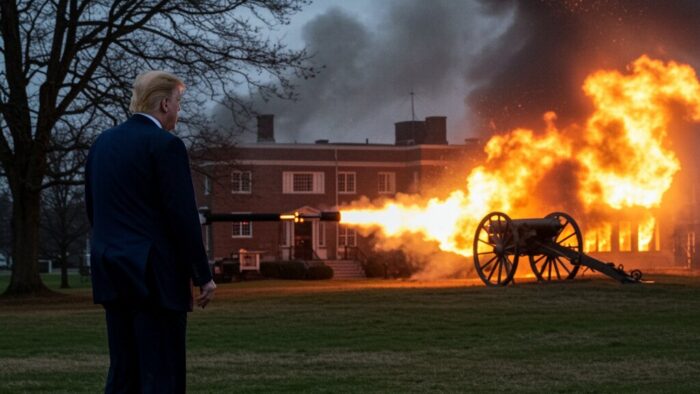The Lawfare Blog, a US national security publication, has published a concise history of online influence operations. The report begins:
October 28, 2021 The Wall Street Journal’s Facebook Files series resumed last week, revealing that the platform took action against an online campaign to set up a new right-wing “Patriot Party” after the Jan. 6 insurrection. Earlier this month news outlets reported that a number of former employees excoriated the company’s content moderation practices in their departure emails. And on Oct. 25, a dozen news outlets released new stories based on yet more leaked Facebook documents. In congressional hearings on the initial Facebook leak, Sen. Richard Blumenthal succinctly captured the tone of the public sentiment, saying that “Facebook and Big Tech are facing a Big Tobacco moment.” Salacious as these revelations may be, they raise a deeper question: How can it be that society depends on whistleblowers revealing internal studies that could not pass peer review for insight into the societal harms exacerbated by multibillion-dollar companies that hundreds of millions of Americans (and billions of people around the world) use for hours every week? It’s not like the stakes are low. As America’s deeply challenged vaccination effort so strikingly suggests, misleading facts, conspiracy theories and political disinformation circulating online could pose a clear and present danger to democratic society. But beyond observing the coincidence of a poor public health response and widespread misinformation, there is very little high-reliability research on the impact of online influence campaigns and disinformation. So how did society get here? The arc of online influence efforts—or at least the policy discourse around them—can be traced back to 2004, when videos posted by Iraqi insurgents focused international attention on online terrorist propaganda. Beginning in 2011, Russia began experimenting with the use of social media for covert influence campaigns abroad, shifting attention in a new direction. By early 2017, the extent of Russian involvement in American social media was clear, and online disinformation campaigns finally began to attract sustained attention from a wide range of organizations.
Read the rest here.





